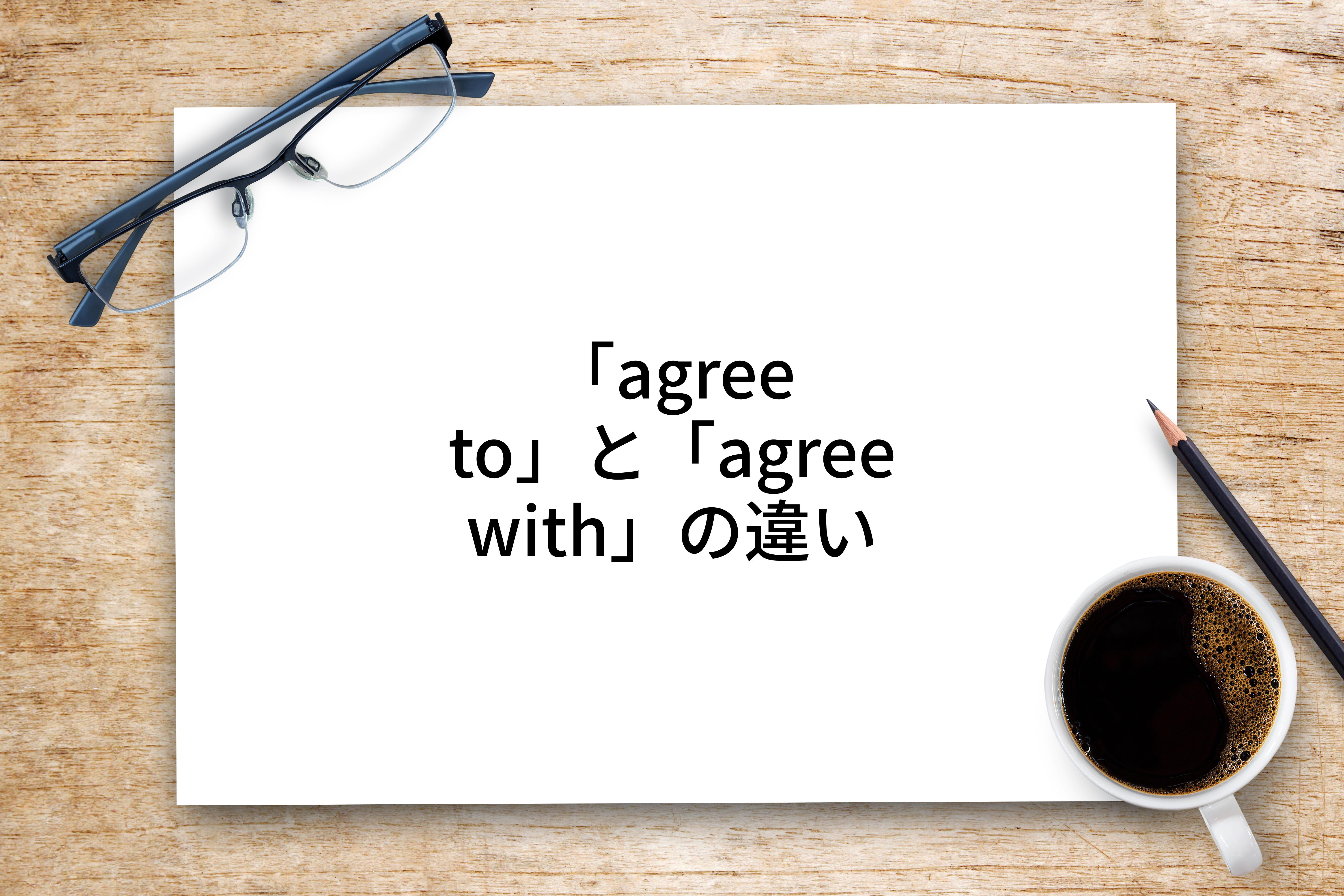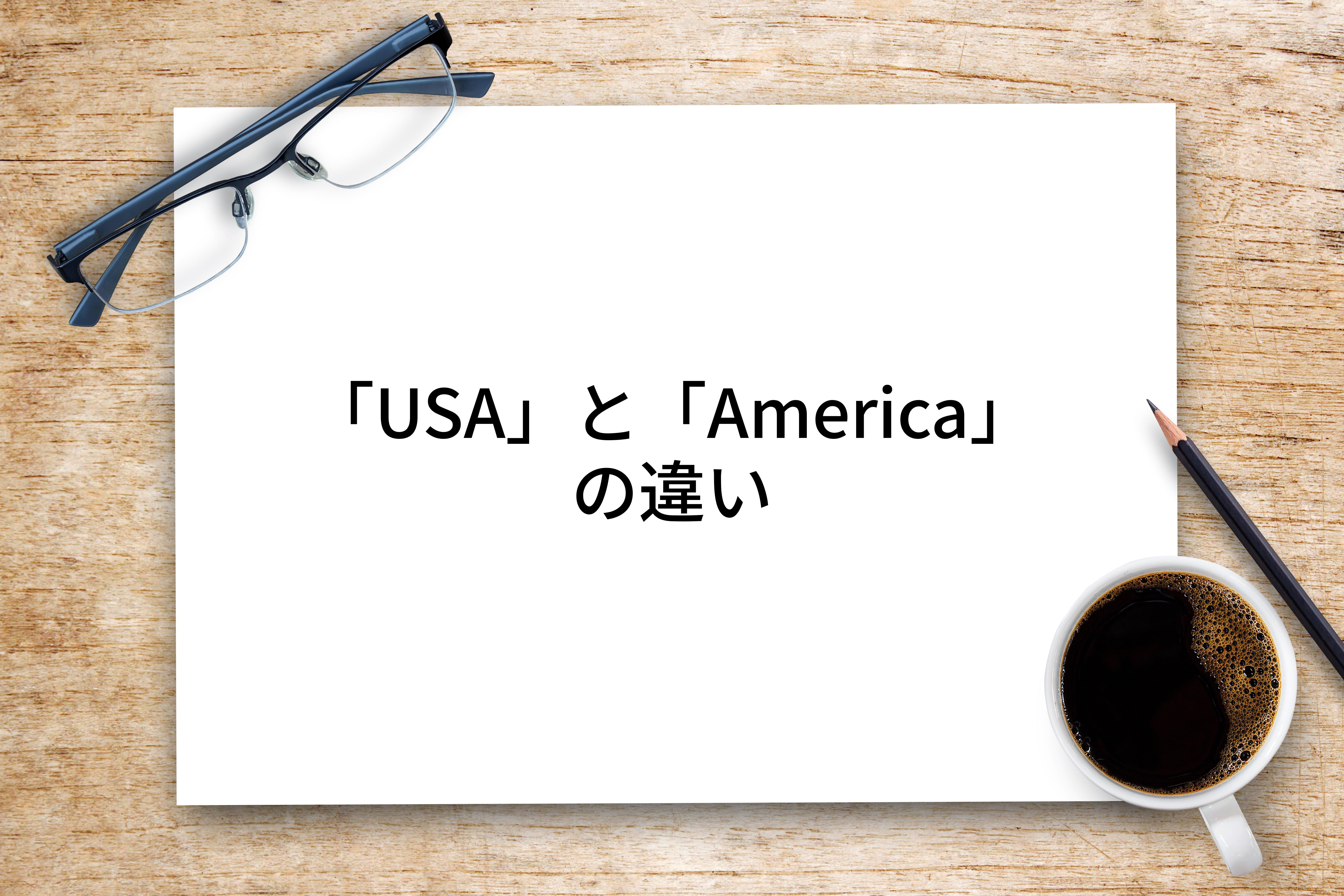この記事では、「agree to」と「agree with」の違いを分かりやすく簡単に解説します。
「agree to」とは?
「agree to」は、意見や提案に同意したり、要求に応じることを表します。
「agree with」とは?
「agree with」は、相手の意見や主張に同意することや、相手と意見が一致することを表します。
「agree to」と「agree with」の違い
「agree to」と「agree with」は、意味が似ていますが使い方に違いがあります。
「agree to」は、特定の提案や要求に同意する場合に使われます。
例えば、以下のような文があります。
– I agreed to their proposal. (私は彼らの提案に同意しました。)
– She agreed to help me with the project. (彼女は私のプロジェクトの手伝いに同意しました。)
一方、「agree with」は、相手の意見や主張に同意する場合に使われます。
例えば、以下のような文があります。
– I agree with your opinion. (私はあなたの意見に同意します。)
– He agreed with her decision. (彼は彼女の決定に同意しました。)
「agree to」の例文
– I agreed to attend the meeting tomorrow.
– She agreed to lend me her car for the weekend.
– They agreed to support our project financially.
「agree with」の例文
– I agree with your suggestion.
– He agreed with her argument.
– We agreed with the decision made by the committee.
まとめ
「agree to」と「agree with」は、同意を表す表現ですが、使い方に違いがあります。
「agree to」は特定の提案や要求に同意する場合に使われ、「agree with」は相手の意見や主張に同意する場合に使われます。
注意して使い分けましょう。





